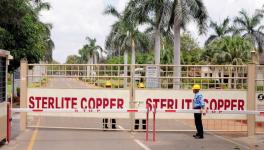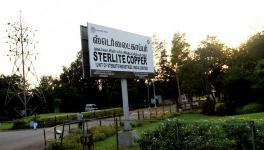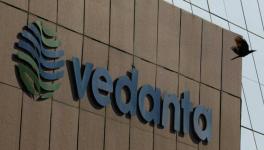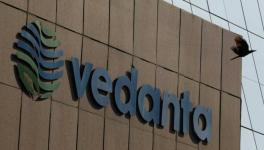Why is the Zambian Government Seeking to Liquidate Vedanta’s Mine?
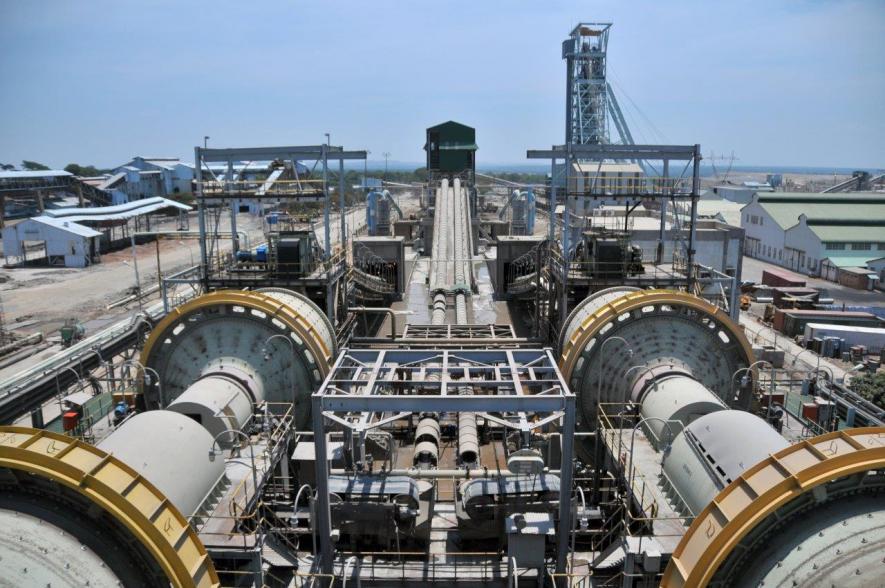
The Konkola Copper Mines is Zambia's largest mine and the second largest copper producer in Africa.
An urgent application filed by mining giant Vedanta at a South African High Court last week, seeking an interim order to halt the liquidation by Zambian authorities of a mine in which it has majority stake, will be heard on July 16.
Almost 80% of Konkola Copper Mines (KCM), the biggest mine in Zambia and Africa’s second largest copper producer, is held by Vedanta resources, owned by the Indian tycoon Anil Agarwal and listed in London stock-exchange. The remaining 20% is owned by the state-owned Zambia Consolidated Copper Mines Investment Holdings (ZCCM-IH).
The liquidation process was initiated in the month of May by ZCCM-IH, as the government claimed that Vedanta had breached the license agreement, by engaging in environmental violations and failing to meet its financial obligations.
The company has not yet paid last month’s salary to its staff at this mine. Dividends owed to the ZCCM-IH have not been paid either. The Government also alleges that KCM has failed to meet its tax-commitments and its commitments to make specific investments.
Refuting the claim that the license was breached, Vedanta then approached the high court in the capital city of Lusaka, which on June 27 halted the liquidation process. The Lusaka court pointed out that the liquidation could not proceed before the South African court had given a verdict as it had the jurisdiction to arbitrate disputes as per the KCM’s shareholder agreement. Vedanta had earlier approached the South African court on the matter.
The Zambian government, on the other hand, had expressed its determination to liquidate the company. Previously, Zambian president Edgar Lungu had given a call to “divorce” the private international mining companies who blamed taxes for difficulties in production. “They are liars and they take us for fools.. those who are uncomfortable to stay in our house can go out,” he said.
However, the authorities have clarified that the mine will not be nationalized. The government neither has the money to invest in the mine by itself nor the expertise to operate it, Zambian journalist Sheik Chifuwe toldPeoples Dispatch.
Instead, the government will only run it temporarily until it finds a suitable buyer. Multiple reports indicate that the Turkish conglomerate, Cengiz Holdings, and China Non-Ferrous Metals Co (CNMC) are competing to buy the asset, with the latter, a state controlled enterprise, standing a better chance.
The government has also provided an assurance that the company will be sold as a “going concern”, which binds the new buyer to KCN’s existing commitments, including the salaries to be paid and the terms of the contract under which the employees were hired by Vedanta.
In fact, the inability of Vedanta to pay salaries to its workers is one of the main reasons stated by the government for its takeover. Addressing a press conference last week, information and broadcasting minister Dora Siliya said, even though “copper was being sold every day.. there is no money in an account to pay the salaries of the staff who are working at KCM, [and] that is the very reason [we] took it over.”
“If the mine is doing well”, she added, “the liquidator will just take that money and pay the salaries. But the fact is that the money is not there”. Over the past seven years, KCM has run a loss exceeding $1billion. In the last two financial years alone, the company has incurred losses of $136.9 million and $131.6 million respectively.
In its affidavit opposing the petition of ZCCM-IH seeking liquidation, KCN has admitted that it has not paid dividends to its shareholders, including the state-owned ZCCM-IH, the Mast reported recently.
While Vedanta blames the taxes imposed by the government for these losses, it nevertheless has registered an increase in operating revenue by more than 50% between 2017 and 2018, Lusaka Times reported.
However, most of the revenue over the last few years has been spent on servicing the debt KCM owes to the UK-based Vedanta Holdings Limited, from which a billion dollars was borrowed. This lender, who is charging a high interest rate, is a subsidiary of the same Vedanta resources which holds more than 79% shares of KCM.
In other words, Vedanta has spent KCM ‘s revenue in repayment – at a high interest rate – of the debt it owes to a subsidiary of itself. At the same time, the workers, the other shareholders including ZCCM-IH and the public coffers to which it owes taxes, have been left with little. This is despite the rising copper prices in the international market.
In order to run the KCM in a way that is profitable to the enterprise and to the public, large amounts of timely investments are required, which the Vedanta is not in a position to do, Sheikh said. The Chinese companies with which the Zambia has developed close economic relations have, on the other hand, proven to be mostly fruitful in this sense, he added.
Siliya made a similar point when she said the government is trying to “find a partner that is willing to invest correctly so that we just don’t pay salaries but.. also get a dividend to invest in other sectors of the economy.”
Get the latest reports & analysis with people's perspective on Protests, movements & deep analytical videos, discussions of the current affairs in your Telegram app. Subscribe to NewsClick's Telegram channel & get Real-Time updates on stories, as they get published on our website.














